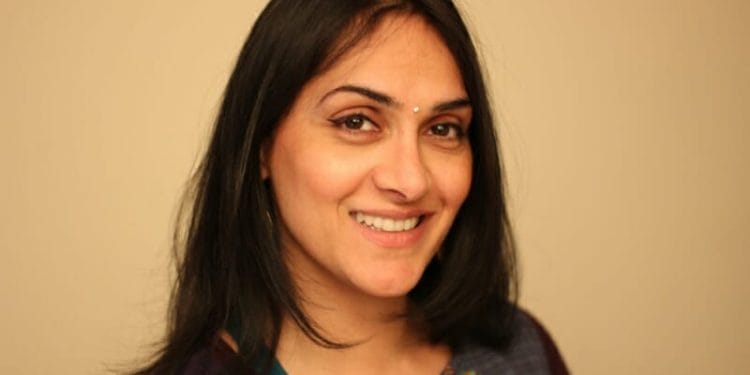As India celebrates 70 years of independence, Mashi theatre look further back in history, a time of magic, mysticism and storytelling. Tales of Birbal brings fables handed down generation to generation across the Indian sub-continent to stages across the UK for families of all backgrounds. We caught up with Trina Halder to find out more about the show and the importance of audience engagement amongst the young.
Tales of Birbal has just performed at the Alchemy Festival and will now play some more London dates, what can you tell us about the show?
They are legendary folk stories told by Mashis (aunties) of the past and many from the Indian sub-continent, including myself will have grown up them. Mashi Theatre brings to life via the enchanting female characters Mashi and Bhanji, two historic men from Akbar the Great and his wise companion Birbal. The tales are witty, clever, invite you into a world of language and culture and are packed with colour, energy, humour and the occasional fake beard! So far, we have had a wonderful response from children, parents and grandparents. It’s a real opportunity to laugh and learn as a family, whatever shape that might take.
You’re Artistic Director and founder of Mashi Theatre, why did you decide to start a theatre company?
There is a clear lack of diverse stories for young people in this country and this is what drove me to set up the company in 2013. I firmly believe that all children are entitled to experience the richness of the world that surrounds them and for me the best introduction to this is via stories from around the world. I am fortunate to have been influenced by my Indian heritage and some things are just too good to keep to yourself. Mashi Theatre looks to share universal stories soaked in culture for the child in all of us.
Why do you think it’s important that children experience theatre at a young age?
Everything ultimately starts from the imagination, an architect needs a plan or blueprint before a building can be created. Children are the architects of the future and if we can empower them to stretch their imaginations to their full extent through theatre, then the future can only hold bright things for all of us. Theatre has the capacity to make anything possible, to transcend time, gender and location all through the power of imagination and ultimately it is the humanity reflected on stage that connects us. They earlier we can connect with this humanity the more it is a future I would hope for all young people.
The Department for Culture, Media, and Sport reports that Asian audience engagement is on the decline, why you think that is?
There is very little on offer that is truly reflective the experiences of Asian audiences, there is not one Asian experience but a whole host of languages, cultures, humour yet there seems to be a smattering of stories, often about Asians trying to fit into a Western structure. These are then repeated after a number of years often leaving me wondering who is making the programme/funding/commissioning decisions? How do we release ourselves from the cycle of theatre makers all looking the same? We inspire all young people, we show them theatre that reflects them, we give them high quality work in places where they can access it and we work together to achieve this.
What more do you think theatre makers can do to engage children and improve ethnic representation?
Mashi has worked in association with The Spark Arts for Children, Leicester and is supported by Z Arts, Manchester to ensure resources are maximised. It is important that there is an open dialogue both ways about work created and that venues listen to artists creating work for their communities. We all still have much to learn from each other and when we choose to listen to the heart of our communities we can start to learn new and exciting rhythms.
Which of the fables in Tales of Birbal is your favourite?
There are so many and each day it’s a different story. Today I thoroughly enjoyed the audiences appreciation of the Barber story, so today that one is my favourite! What’s yours?
















